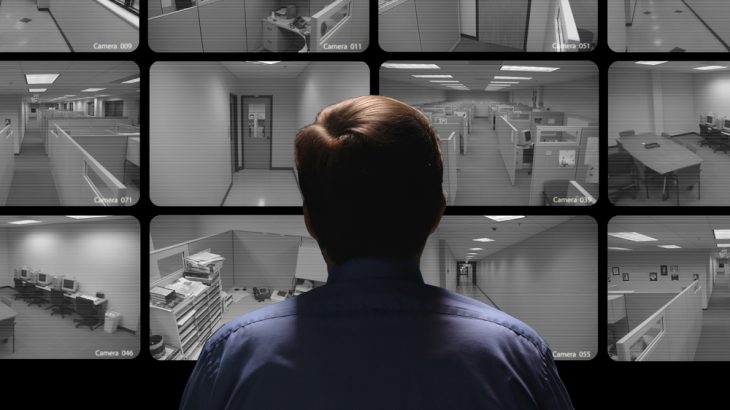In this digital age, the question of whether to monitor employees while they are at work isn’t always cut and dry. While some employers may feel that monitoring is necessary to maintain productivity, employees may feel there is a lack of trust and a violation of privacy when monitoring techniques are employed. Consider the following before deciding whether to establish monitoring policies and procedures.
Legal Implications
In most places, it’s perfectly legal to monitor employer-supplied electronic equipment. However, the legality of monitoring may become blurred in workplaces where the policy is BYOD (bring your own device.) Looking into local laws may help to ensure that any monitoring that is put in place is legal.
On the flip side, monitoring may help to prevent other potential legal issues. Monitoring can discourage employees from looking at inappropriate sites or sending unacceptable emails, which could potentially be used against an employer in a hostile work environment case. If employees perform inappropriate actions despite monitoring, the surveillance may create records that can work in an employer’s favor.
Potential Alerts without Monitoring
In some cases, improvements in productivity and decreases in personal use on electronics can be achieved without actually policing employees’ work. It may be possible to set up a system to provide alerts if suspicious activity is detected, so that employees can be investigated if there is a cause for the investigation, rather than being monitored regardless of behavior.
Company Culture Impact
In companies where employees have a high degree of freedom and trust is a big part of the company culture, monitoring can injure that trust and negatively impact company culture. In some cases, this may increase turnover or dissuade top talent from working for a company. It’s important to consider these intangible disadvantages to monitoring.
Productivity Results
If employees know that they are being monitored while at work, productivity is likely to increase. If productivity has become an issue and it’s clear that the underlying cause is improper use of electronics on company time, monitoring may be a reasonable solution. If implemented properly, monitoring electronics use may be a good way to strategically increase productivity.
Communication Regarding Monitoring
Before putting monitoring into practice, it may be helpful to communicate with employees regarding issues that have been identified. In some cases, simply communicating will prompt employees to change their habits and it won’t be necessary to go through the expense and hassle of setting up surveillance. If there is still a need for monitoring, communicating with employees about what will be monitored and when may help to preserve a culture of trust in spite of the new policies.
After monitoring practices have been implemented, all employees should be told when they are being monitored. This communication should become a regular part of new employee training so it’s seen as a normal part of the job and not as a punishment or something being done elusively.
After weighing the advantages and disadvantages of monitoring employees during work hours, it’s important to make sure that whatever decision is made is done properly. Treating employees with respect when explaining why monitoring will be put in place or why the option was considered can make employees feel included and mitigate negative effects.






